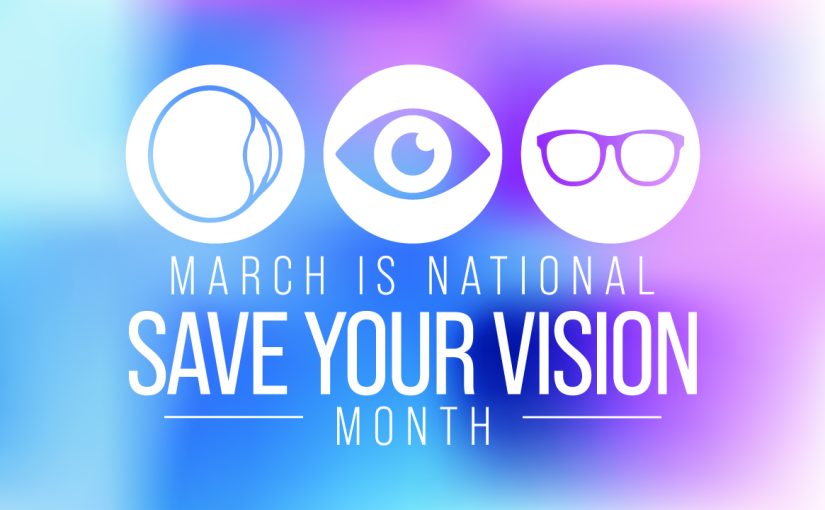In our busy world, it’s easy to put routine health exams on the back burner. That’s until you have an emergency that might have been averted or identified earlier if you kept up with your screenings. Celebrate Save Your Vision Month in March by scheduling a comprehensive eye exam. Board-certified ophthalmologist Binoy R. Jani, M.D., explains why regular comprehensive eye exams are essential for maintaining good vision.
Comprehensive Eye Exam Versus Routine Eye Exam
A comprehensive eye exam differs from a routine eye exam. The latter focuses on how well you see at varying distances. The doctor then determines if you would benefit from prescription glasses or contacts or if your current prescription needs adjustment. With a comprehensive eye exam, the eyes are screened for various diseases. These include:
Many of these eye disorders, including glaucoma, are asymptomatic in the earliest stages. Patients may think their eyesight is fine when in reality they may already have a serious eye disease that could impact their vision in the future. Early detection allows for prompt, potentially vision-saving treatment.
The comprehensive exam also identifies vision problems such as nearsightedness, farsightedness, and astigmatism. Visual acuity tests measure your vision’s sharpness. A depth perception test, known as a stereopsis test, establishes whether you have normal depth perception.
How Often Should You Have a Comprehensive Eye Exam?
Patients should undergo a comprehensive eye examination at least every one to two years. If there is a pre-existing condition, an annual exam may prove necessary.
Benefits of Comprehensive Eye Exams
A comprehensive eye exam can detect abnormalities in the eyes that suggest systemic health problems. For instance, a comprehensive eye examination can reveal early signs of many diseases, including:
- High blood pressure
- Diabetes
- Certain cancers
A comprehensive eye exam benefits not only your visual health but your overall health.
At-Risk Patients
Some patients are more at risk for eye issues than others, so for them a biannual or annual comprehensive eye exam is a must. Such risk factors include:
- Personal history of eye disease
- Family history of eye disease
- Health conditions that can affect the eyes, such as diabetes
- Performing work requiring high visual demand
Contact Us
If it’s time for your comprehensive eye examination, contact the doctors at Vista Eye Specialists and schedule a consultation. Identifying eye issues at the earliest stages can help preserve your vision in the long term.


